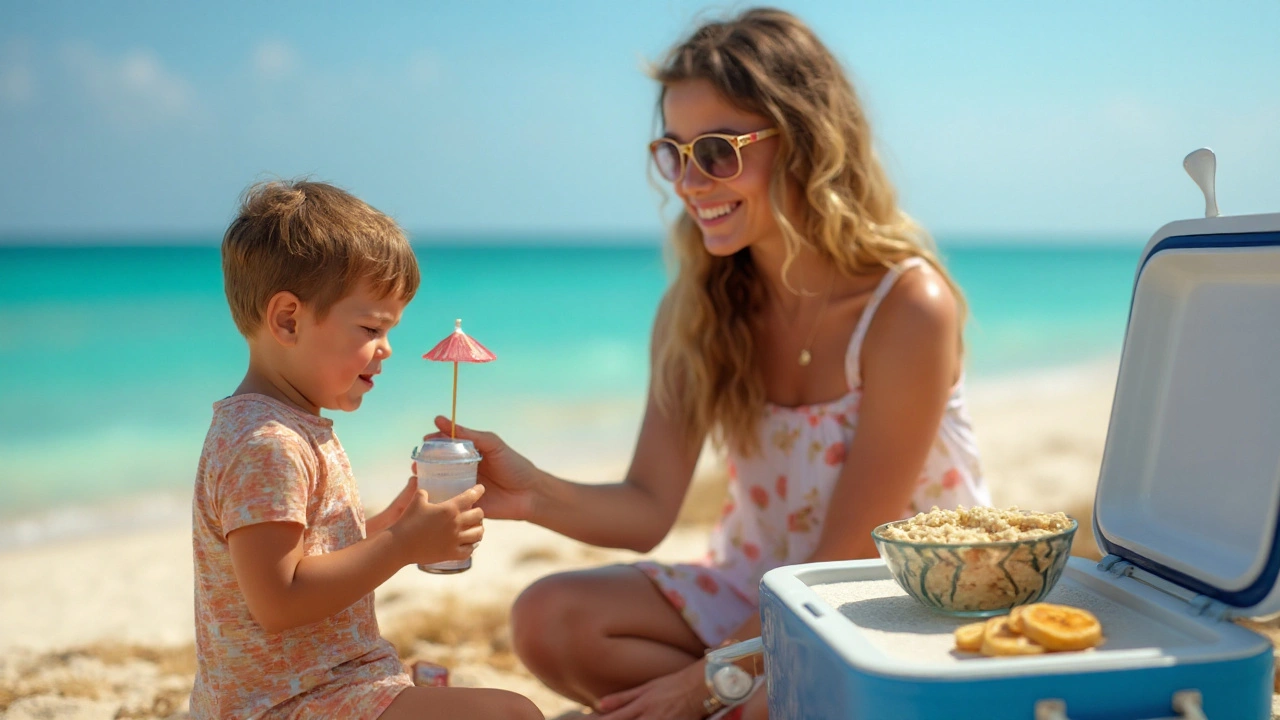Diarrhea Management: Fast Relief and Smart Prevention
Got the runs and need quick help? You’re not alone – sudden diarrhea hits millions each year. The good news is you can take charge in minutes, keep your body balanced, and avoid unnecessary trips to the doctor. Below are real‑world steps you can start right now.
Rehydrate Right Away
The biggest danger isn’t the loose stools themselves, it’s the fluid loss. Aim for about 1‑2 liters of clear fluids per hour if you’re losing a lot. Water works, but oral rehydration solutions (ORS) or sports drinks with electrolytes replace sodium and potassium faster. If you’re a kid or an older adult, sip small amounts frequently – a cup every 10‑15 minutes is safer than gulping a large glass.
Choose Gentle Foods
Once you can keep fluids down, add bland foods that won’t irritate the gut. The classic BRAT diet – bananas, rice, applesauce, toast – supplies carbs without fiber overload. Yogurt with live cultures can help restore good bacteria, but skip sugary or high‑fat options until you’re steady. Avoid dairy (except probiotic yogurt), caffeine, alcohol, and spicy meals until your belly feels normal.
For adults, a small serving of boiled potatoes or plain pasta works well. Kids can eat plain crackers or a small bowl of oatmeal. The rule of thumb: if the food looks plain and easy to digest, it’s likely safe.
Over‑the‑Counter Help
When you need a faster stop, anti‑diarrheal meds like loperamide (Imodium) can reduce stool frequency. Use it only if you don’t have a fever or blood in the stool – those signs point to an infection that needs your body to flush out. For bacterial causes, a short course of antibiotics may be prescribed, but never self‑medicate.
For kids under six, stick to rehydration and diet; OTC meds aren’t recommended unless a pediatrician says otherwise.
Watch for Warning Signs
Most diarrhea episodes resolve within 48‑72 hours. Seek medical care if you notice any of these red flags:
- High fever (above 101.5°F / 38.5°C)
- Blood or mucus in the stool
- Severe abdominal pain
- Signs of dehydration – dry mouth, dizziness, no urine for several hours
- Diarrhea lasting more than three days in adults or 24 hours in children
These could signal a deeper infection, inflammatory bowel disease, or a medication side‑effect that needs a doctor’s eye.
Prevent Future Episodes
Prevention starts with hygiene. Wash hands with soap for at least 20 seconds after using the toilet, before handling food, and after touching pets. When traveling, drink bottled or boiled water, avoid raw salads, and eat food that’s been cooked thoroughly.
Consider a probiotic supplement if you’ve taken antibiotics recently – it can help rebuild healthy gut flora and lower the chance of post‑antibiotic diarrhea. Also, keep a stash of ORS packets and a simple OTC anti‑diarrheal on hand for those unexpected runs.
Remember, most cases are harmless and pass with proper hydration, gentle foods, and a bit of patience. Knowing when to act and when to call a professional makes the difference between a short hiccup and a prolonged health issue.

How to Manage Acute Diarrhea on Holidays and Special Events
Sep, 24 2025Quick, practical steps to handle acute diarrhea during holidays. Learn rehydration tricks, safe foods, meds, and when to call a doctor.
READ MORE